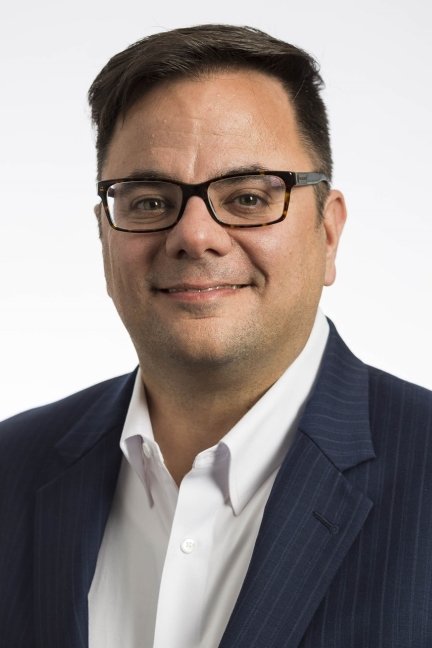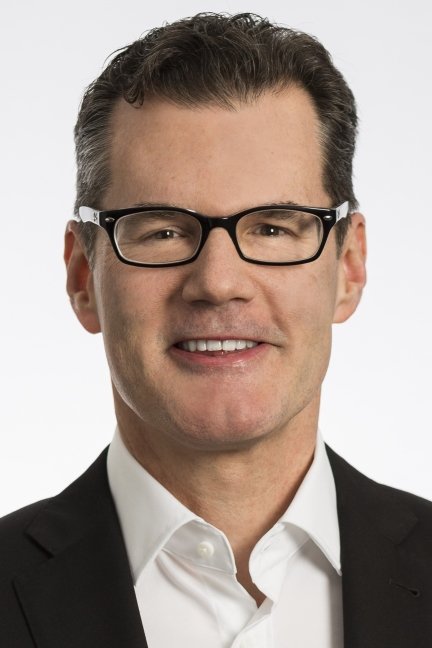
W. Edwards Deming, the late scientist, and renowned systems engineer, was famous for his relentlessly data-driven approach, often saying, “Without data, you’re just another person with an opinion.” As physician-scientists and academic health system leaders, we have ingrained this principle, and the primacy of evidence-based medicine, into everything we do. Academic medicine, which is the world we live in, demands it. Sound scientific evidence is the bedrock that our institutions – Cooper University Health Care and Cooper Medical School of Rowan University – are built upon.
We aim to examine all aspects of health and healthcare with the same approach, even those aspects in which it is unconventional to do so. In our research, we examine things typically considered to be in the moral and ethical or emotional and sentimental domains, and we place them under the data-driven scrutiny of science. Accordingly, we examine familiar things in unfamiliar ways.
In 2019, we published our first book, Compassionomics: The Revolutionary Scientific Evidence That Caring Makes a Difference. The “Big Question” was: Does compassion really matter?
Yes, and we had data to prove it – over 250 papers published in peer-reviewed journals. There was a clear signal in the data that compassion matters, not just in meaningful ways, but also in measurable ways for patients, their care, and those who provide that care. We found that having more compassion for patients is not only linked with better outcomes for patients, but also it is a powerful way to promote well-being, resilience, and resistance to burnout among healthcare workers.
Now, in our new book, WONDER DRUG: 7 Scientifically Proven Ways That Serving Others Is the Best Medicine for Yourself, we extend this research to uncover how the power of serving others reaches far beyond the medical world and can be a life-changing therapy for everyone, everywhere. The Big Question in WONDER DRUG is this: What is the evidence-based way to live your life?
After curating the data from another 250 studies, we now offer you compelling evidence that serving others is the best medicine in any environment. Research published in peer-reviewed journals links service to others with benefits for your physical health, mental health, emotional well-being, happiness and fulfillment, and even your professional success. And, there are essentially no “side effects.”
Kinder people not only live longer, but they also live better. Science supports that serving others is not just the right thing to do, it’s also the smart thing to do. Giving is way better for you than grasping and being an other-focused person can be a secret superpower. This isn’t just our opinion or our belief. We’re not preaching to you. Rather, it is what we found in a year-long journey through the scientific evidence.
Research shows that serving others not only activates a “reward” center in the brain and raises neurotransmitters that bring positive emotions, but it also shifts your nervous system toward a state of calm. Serving others can also buffer chronic stress and its effects, and it can counteract chronic systemic inflammation, which is associated with serious health problems like cardiovascular disease and cancer.
Serving others is linked with longer life, and buffering the effects of stress on mortality. Giving to others has been found to reduce risk factors for cardiovascular disease, including lowering blood pressure. Research also supports that volunteering to serve others can help maintain vitality and cognitive function among the elderly. Through complex activation of specific pathways in the brain, research shows that altruistic behavior can also have pain-relieving effects for one’s self. Robust evidence supports that being a giving, other-focused person is associated with happiness, well-being, fewer depression symptoms, better relationships, and more professional success (including making more money).
Historically, the “self-help” aisle at the bookstore has been full of instructions to focus on ourselves. But we have uncovered the scientific evidence that points in a different direction, a 180-degree turn, and it has been right in front of us all along. “It is better to give than to receive,” is a guiding principle we may have been taught when we were very young, but we have found that this is actually supported by science.
WONDER DRUG is perhaps the most counter-intuitive “self-help” book you’re ever going to read. It lays out the evidence that will make you rethink your notions of “self-care” and “me time,” and realize that getting outside of your own head, outside of the swirl of self-concern that often dominates your mental chatter, is good for you. By focusing on others and letting go of the goal of helping yourself, you can actually help yourself.
But – and here’s the mind-bender – research also shows that motives matter. If you serve others for strategic or selfish reasons only, you might as well forget it. In order to reap the benefits from what we call the “Live to Give” mindset, you have to be sincerely other-focused or it won’t work. It’s because the benefits that come from serving others are not transactional, they’re transformational.
The (very) good news is that the barrier to entry to Live to Give benefits is small, yet seismic. You do not need a total life upheaval. You do not need to quit your job, sell all your possessions, move to a third-world country, and start hauling water from a distant well. In fact, the first piece of the evidence-based prescription in WONDER DRUG is this: start small. Scan your orbit for people in need of help right where you are, in your home, your community, your workplace, and go fill that need, as often as you can.

Anthony Mazzarelli
Anthony Mazzarelli, MD, JD, MBE is Co-President ans CEO of Cooper University Health Care in Camden, NJ. and the Dean of Clinical affairs for Cooper Medical School of Rowan University. He is a physician, lawyer, bioethicist, and healthcare executive. He is still a practicing emergency medicine physician.

Steven Trzeciak
Dr. Steven Trzeciak, the Chair of Medicine at Cooper Medical School of Rowan University, who is a highly published National Institutes of Health (NIH)-funded clinical researcher. Dr. Trzeciak’s publications have been featured in some of the most prestigious medical journals, such as: Journal of the American Medical Association (JAMA), Circulation, and The New England Journal of Medicine.






